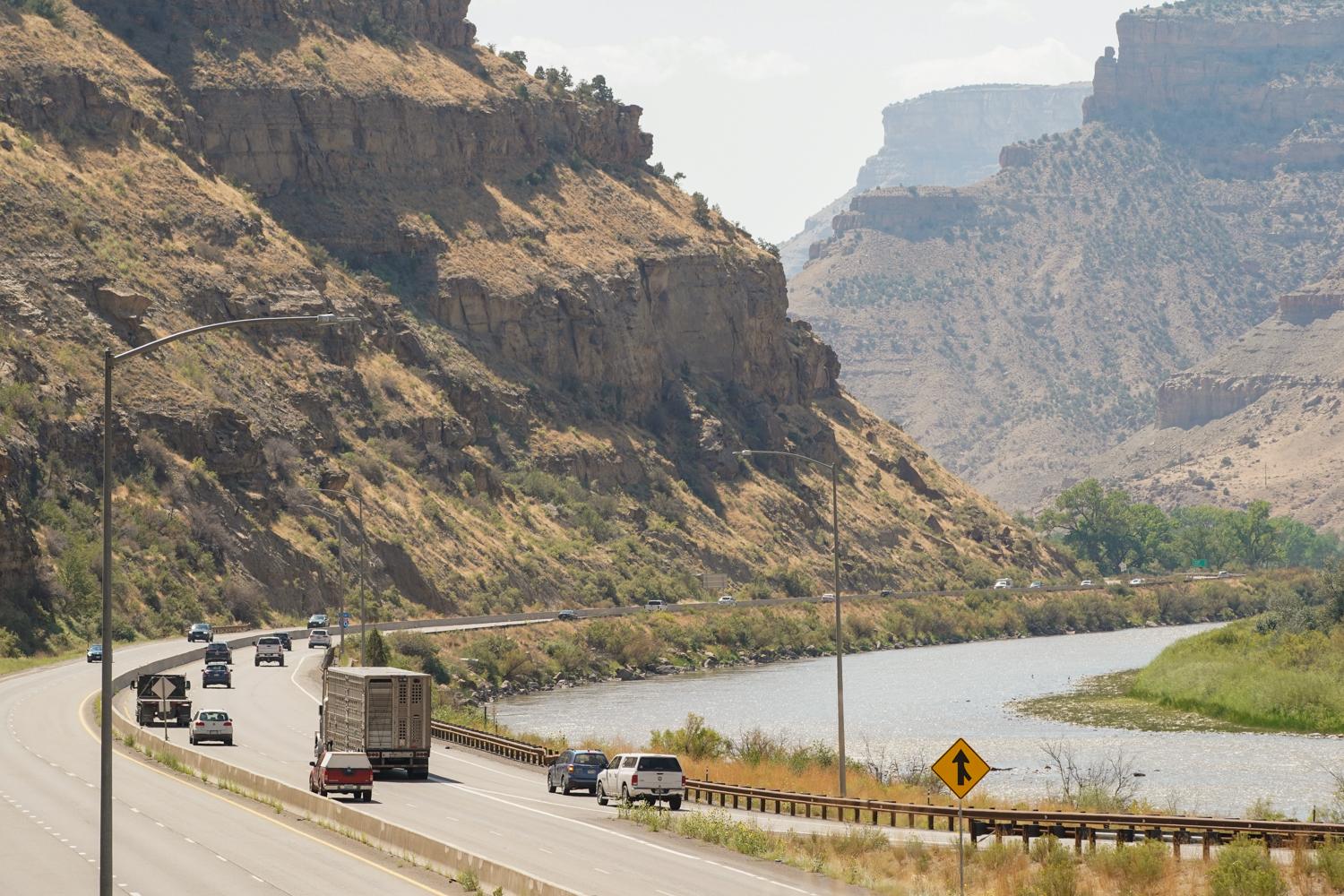
Some members of Congress from Colorado and New Mexico are encouraging the Bureau of Reclamation to use new funding to find long-term solutions to the Western drought, and particularly the dwindling and overextended Colorado River.
In a letter to Camille Touton, commissioner of the Bureau of Reclamation, the lawmakers shared their priorities for how the $4 billion in drought money from the Inflation Reduction Act should be used.
“It is imperative for the BOR to focus efforts on a long-term strategy,” reads the letter. “However, no matter the timeframe of a project, the BOR needs to fund efforts that provide real, meaningful long-term reductions in water use from the River.”
Signers of the letter include Colorado Sen. Michael Bennet and Reps. Joe Neguse, Diana DeGette, Jason Crow and Ed Perlmutter, as well as New Mexico Sens. Ben Ray Luján and Martin Heinrich and Reps. Melanie Stansbury and Teresa Leger Fernández.
Meanwhile, Sen. John Hickenlooper, convened a bipartisan group of Western Senators Wednesday to discuss the Colorado River and possible solutions, according to a source knowledgeable about the meeting. Commissioner Touton and other experts on the Upper and Lower Basin were also present. It was reportedly the second such meeting, with the first one bringing together 10 senators.
The letter also called for the Bureau to establish a consistent system to measure water losses in both basins. For example, water evaporation is currently only measured in the Upper Basin; the signers would like to see it tracked further down the river too.
The lawmakers recommended looking for new and innovative ways to reduce water use, such as using a portion of the funding to solicit proposals that “encourage creative solutions” that can lead to long-term water reductions.
Water levels in the Colorado River have dropped to record lows this year, and pushed reservoirs to critical levels. The states that get water from the river missed an August deadline to reach a voluntary agreement on how to reduce water usage by as much as 4 million acre-feet.
More about the Colorado River
- The most endangered river: A conservation group considers the Colorado River the epicenter of the nation’s water and climate crisis.
- Lake Powell dangerously low: As the reservoir dries up, there’s growing concern about the future of hydropower production.
- What happens if the river keeps drying up: It could trigger a chain-reaction of legal wrangling that could lead to some water users being cut off from the river.
- Tribes fight for inclusion: Leaders of native tribes who depend on the river say a century-old agreement is fueling water inequalities.
- Where’s the water going?: Much of it gets absorbed by soil baked dry by hotter temperatures due to climate change.









